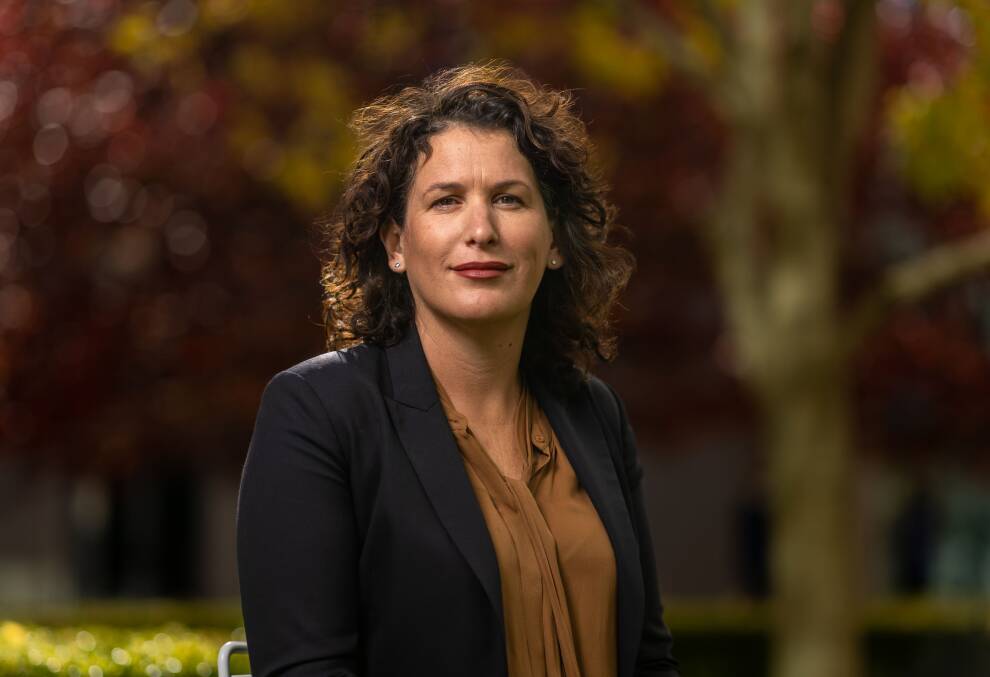Union members from parts of the Department of Agriculture, Fisheries and Forestry will vote on whether to strike as the Community and Public Sector Union ramps up pressure on the government for a better pay deal.
The union last week announced it would reject the government's service-wide pay increase of 11.2 per cent over three years for federal public servants, after a members' poll returned narrow support for the package.
Should the Fair Work Commission approve the union's application for a Protected Action Ballot in the DAFF, on-plant vets (OPVs) and meat inspectors will be able to vote on taking part in three separate actions.
These include banning overtime, stopping work for up to an hour, and stopping work for up to 24 hours.
CPSU national secretary Melissa Donnelly said that DAFF staff needed a better pay rise than what the government was putting on the table.
"CPSU members in the Department of Agriculture, Fisheries and Forestry are under increasing work pressures as major attraction and retention issues plague their workplaces," Ms Donnelly said.
"Every day these workers witness the need for a decent pay rise in the APS."

In a statement, the union said it expected the proposed actions would significantly impact the agency's operations, noting that on-plant vets and meat inspectors protect food safety and enable meat and meat products to be certified for export.
This development comes following Monday's news that members in the Fair Work Ombudsman will also vote on whether to participate in proposed industrial actions.
A 24-hour strike is also already scheduled to take place in Services Australia on October 9.
Out of more than 15,000 polled CPSU members, 48.1 per cent rejected the Public Service Commission's service-wide bargaining offer, while 51.9 per cent voted in support.
Ms Donnelly said that while there was broad support for the conditions package, members were unhappy with the current pay offer.
"This government can and should be aspiring for broad support for the whole pay and conditions package, and they are conveniently, already more than half-way there," she said.
The union previously rejected a service-wide pay increase of 10.5 per cent. The government's revised offer would have seen a pay lift of 4 per cent in March 2024, 3.8 per cent in March 2025, and 3.4 per cent in March 2026.
The commission also tabled adjustments to a pay equity model, setting minimum salaries across all APS agencies to reduce pay fragmentation from 26 per cent to 18 per cent.
The revision would have lifted the minimum salary for those at APS1 classifications, from $49,590 to $52,000, in a move the government expected would double the number of beneficiaries from 1213 to 2216.
The union representing tax office staff - which has also rejected the offer - said this week that the government was "refusing" to discuss pay with the unions.
"The big problem is that we ... the APS unions and the government need to find a way of getting through this impasse," Australian Services Union tax branch secretary Jeff Lapidos said.
"And the government shows no sign of being prepared to talk to the unions."
Meanwhile, a spokesperson for the Public Service Commission on Tuesday said "there is currently no intention to vary the offer", and that it would shift away from service-wide bargaining.
"At this stage the focus has shifted to agency level bargaining in an effort to finalise draft enterprise agreements," they said.
"Chief Negotiator, Peter Riordan PSM CF, is open to recommencing bargaining with unions and employee bargaining representatives if they wish to reconsider the offer."
The CPSU warned that it will continue to work with members and delegates across public service agencies to decide where else to take action, in an effort to force the government to revise its offer.







